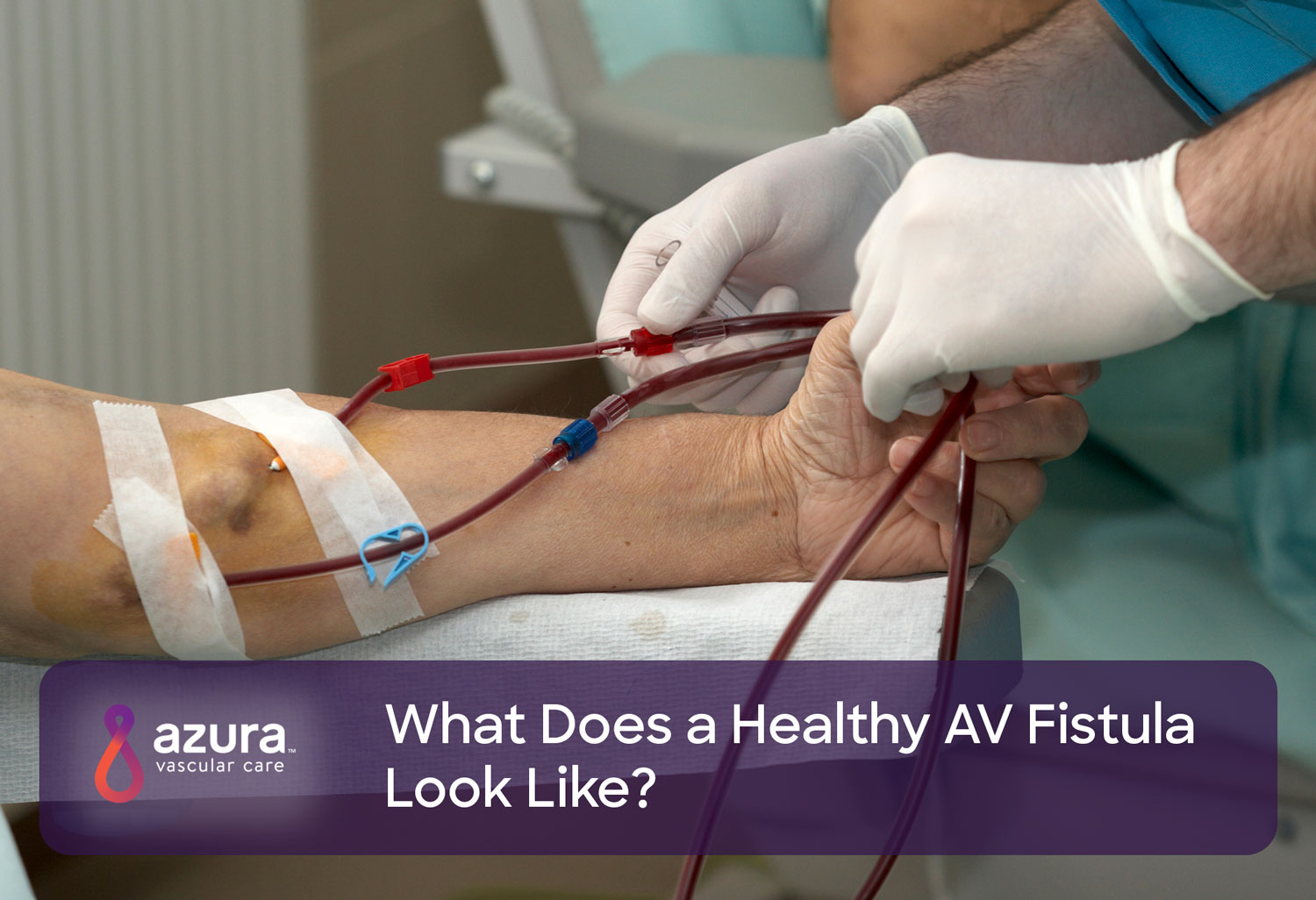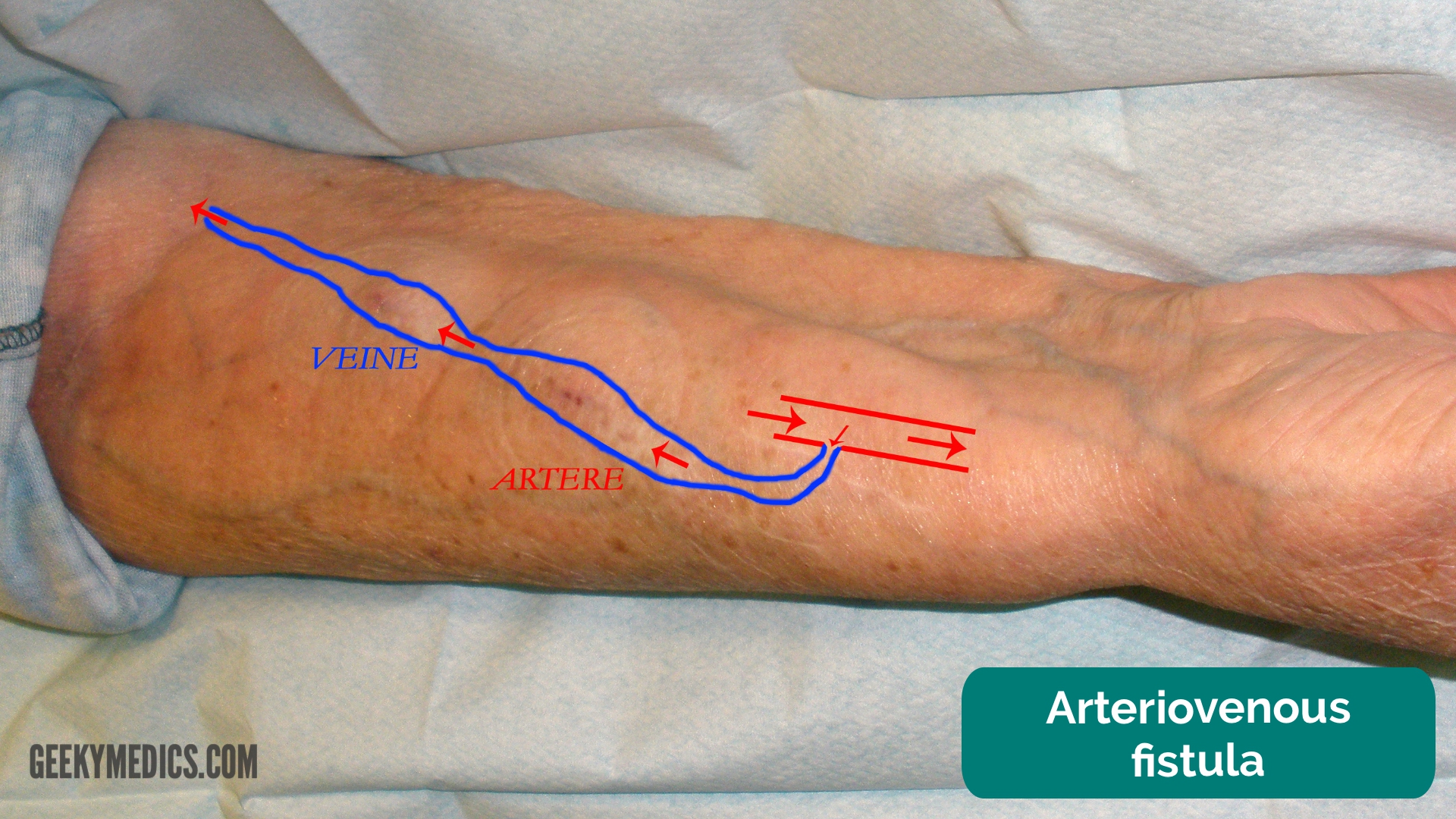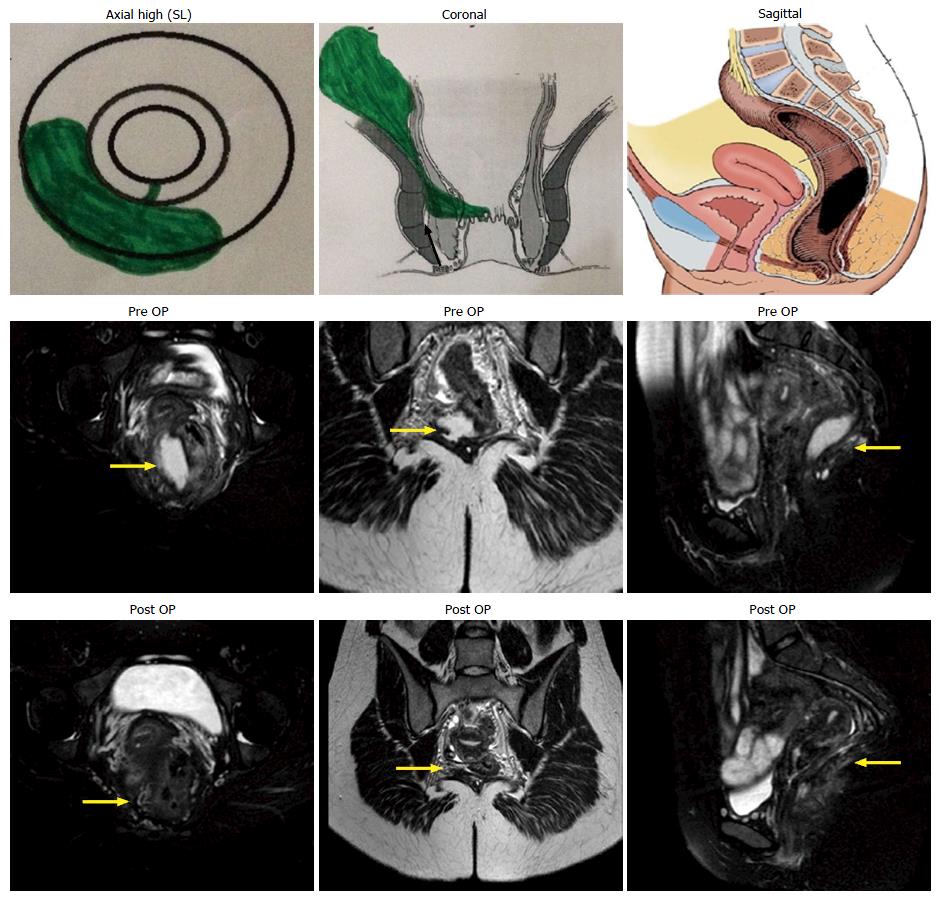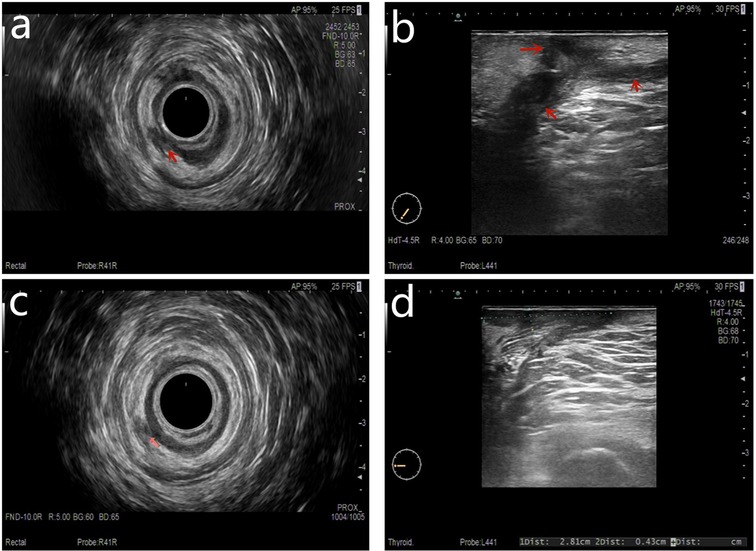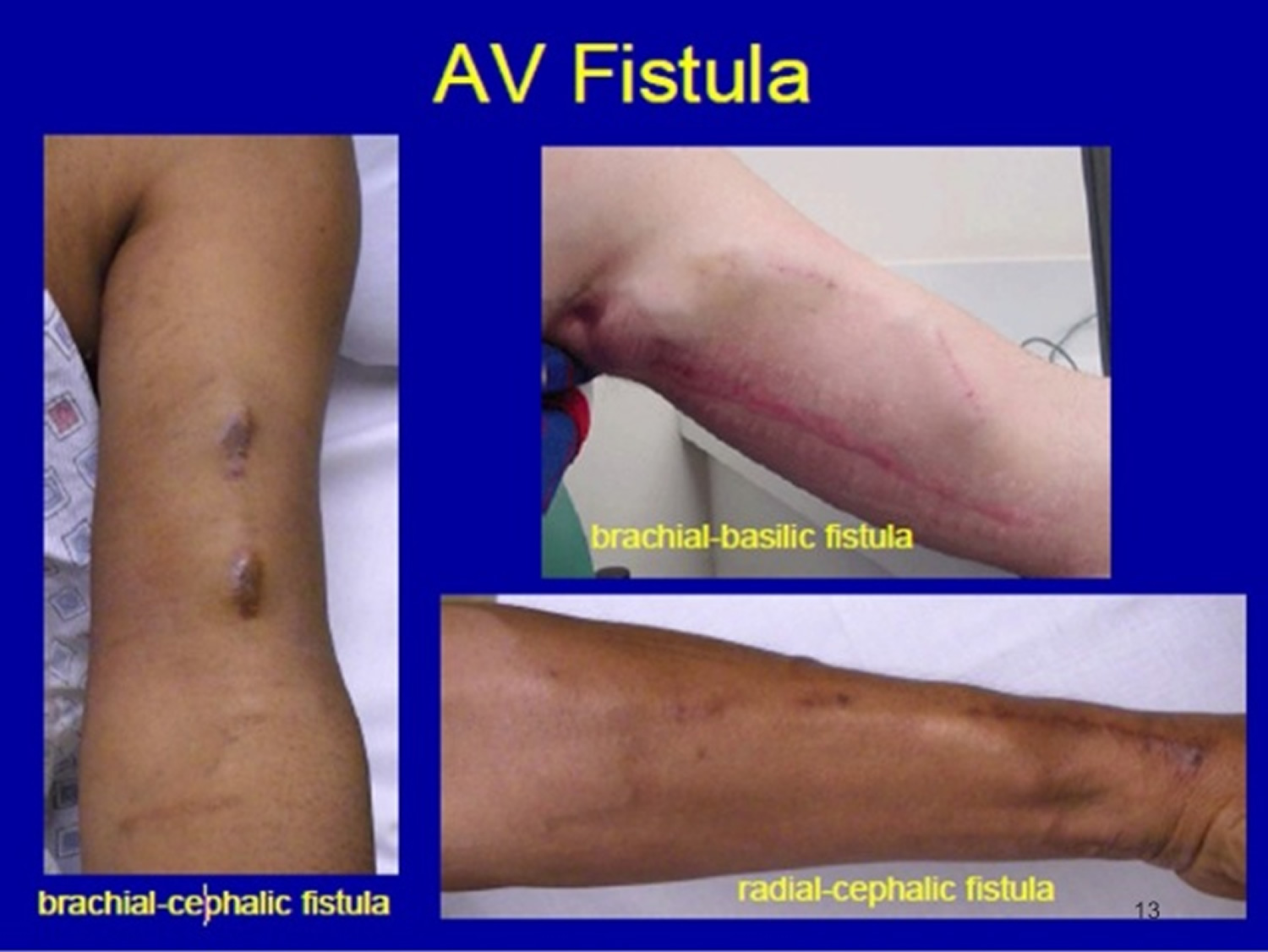Supreme Info About How To Treat A Fistula

Some types of fistula repair are the rectal flap procedure, endoscopic fistula.
How to treat a fistula. An anal fistula is a recurrent infection affecting the anus and occasionally the lower rectum. Antibiotics to treat infection. Contents overview symptoms and causes diagnosis and tests management and treatment outlook / prognosis living with.
The goal is to remove the fistula tunnel and close the opening by sewing together healthy tissue. A urinary catheter is a flexible tube that drains the bladder. Fistulas may form different locations and variations in the body, but.
The first step is to treat any infection with antibiotic. Caregiving more+ if you’ve been diagnosed with a fistula, you may have some questions about what it is, why you have it, and what can be done. Surgery is the primary treatment.
A fistula is a passage between a hollow or tubular opening and another body tissue or between two tubular organs. An anal fistula will not heal without treatment and there are a range of different treatment options available. The surgeon cuts the fistula's internal opening, scrapes and flushes out the infected tissue, and then flattens the tunnel and stitches it in place.
There are nonsurgical ways to heal a fistula, but fistula repair may require surgery. There is no high level of evidence for the treatment of fistulous empyema. This procedure opens up the fistula in a way that allows it to heal from the.
A catheter is a medical device that sometimes can treat small fistulas between the vagina and bladder. Surgery is usually needed to treat an anal. Surgery to repair the fistula.
You can get a fistula because of digestive conditions, such as crohn’s disease. Treatment for a urinary tract fistula such as colovesical fistula — a fistula between the bladder and colon — usually starts with conservative measures such as. Fistulas must be treated, but the extent of treatment needed—which can range from medication to surgery—depends on the severity.
Medications like methotrexate and azathioprine are immunomodulators that suppress the whole immune system, as compared with the. To lessen the risk of bowel incontinence (when you pass a bowel movement without wanting to) your treatment may involve. Anal fissures often heal within a few weeks with appropriate home treatment.
The operation usually takes 15 to 30 minutes. This is a lifelong condition. The goals are to repair the anal fistula completely to.
You will need to have surgery to cure the fistula. Surgery is the only way to treat them. The use of special medicinal glues or other materials (such as collagen) to seal or fill the fistula.


